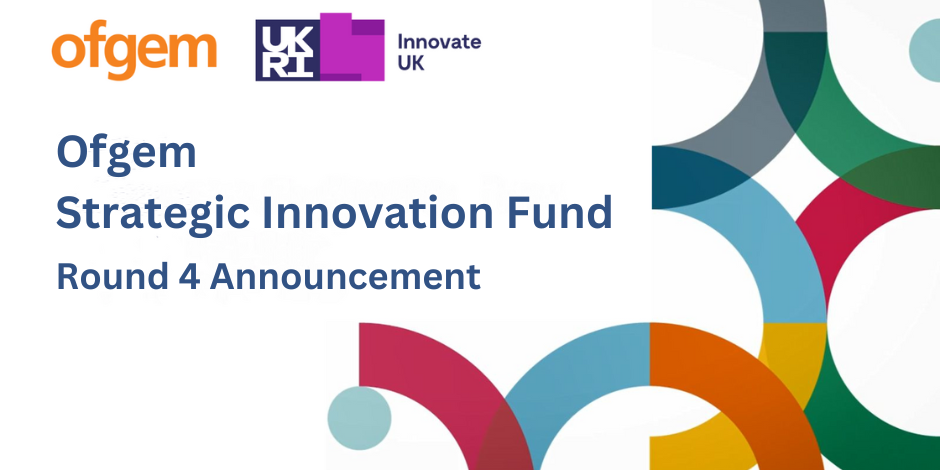The announcement of a further delay on Brexit, and the issuing of a General election that might even turn the entire table, has brought the whole epopee into deeper levels of uncertainty, with some relevant impacts on the growth of many strategic sectors, amongst which the research and development sector stands out by importance.
Stirred by the fact that the EU currently makes for one-seventh of the overall research funding, many UK. researchers are still hoping for a ‘u turn’ on Brexit —or at least a deal good enough – and have urged the government to keep close ties to Horizon 2020 (which provides for the 11% of funding for UK universities), and its successor, Horizon Europe. In the case of a no- deal Brexit, the fear is that missing EU funds could trigger a ‘brain drain’ that would put UK’s competitiveness in danger
Partly in response to those fears, last March 2019, the U.K. science minister, Chris Skidmore, asked for independent advice about how the government should act if the United Kingdom decides to sever the ties with EU’s main funding programmes. The report, delivered at the beginning of November by the director of the Alan Turing Institute, Adrian Smith, and the UCL policy expert Graeme Reid, presents the eventuality of Brexit as an ‘unprecedented opportunity to promote an exciting, well-resourced vision for international collaboration’. Based on the assumption that the UK will be capable to replace the level of funding currently received from EU programmes – around £1.5bn per annum – with public investment, the report sketches out a strategy which advocates for a nationwide increase in spending for R&D, a new research fellowship program, and larger chunks of money for universities to quickly target research opportunities.
According to the report, spending in R&D should aim at meeting the Government’s set target of at least 2.4% of gross domestic product. To achieve this, Smith and Reid suggest four steps that underpin a vision which is even more ambitious than EU programmes such as Marie Skłodowska-Curie fellowships and European Research Council grants: an “international version of the UK Research Partnership Investment Fund (RPIF)”; “A coherent Global Talent Strategy, combining reforms to immigration policy”; “Substantial additional funding for basic research” and create a “flagship programme of research fellowships, offering large awards over long periods of time for exceptional researchers in all disciplines.”.
Additionally, the report points out that Brexit my also provide the government with the opportunity to redesign the national research funding landscape, promoting a more evenly spread across all regions of the UK. The current situation is dominated by a so-called “golden triangle” consisting of London, Oxford, and Cambridge, which have been grossly monopolising EU research funds. Smith and Reid suggest that the Government could better administer the geographical reach a post-Brexit funding vision by creating regional research centres, that focus on grand challenges such as reaching a zero-carbon economy.
Finally, the report suggests that in a post-Brexit scenario, Universities should get an increase in unrestricted block grants from the government, a type of funding resembling the EU Horizon Prizes, that would supposedly facilitate scientists to build consortia in a faster and easier way, without the constraints of a project-specific grant.
In conclusion, it is absolutely true that this report delineates a rather broad; ambitious and very optimistic vision for a post-Brexit research and innovation strategy; however, the work of Smith and Reid does not cover all the structural issues that a loss of EU funding would inevitably bring to the table and it leaves some important questions open to answers. For example, it is suggested that Government ministers should have a pot of money for creating policy-specific international partnerships, yet it is not specified specify how big these should be. Nor it is specified whether a completely new agency should be needed to replace the action from Brussels and give out these new funds mentioned: Smith and Reid do warn that replacing the £1.5bn from the EU could indeed over encumber the capacity of the UKRI, yet the ultimate decision on creating an entirely new funding agency to specialize in international partnerships looks like is going to fall on whatever majority will come out of the polls next December 12, 2019.
Source AAAS Science: https://www.sciencemag.org/news/2019/11/report-sketches-vision-uk-research-after-brexit


